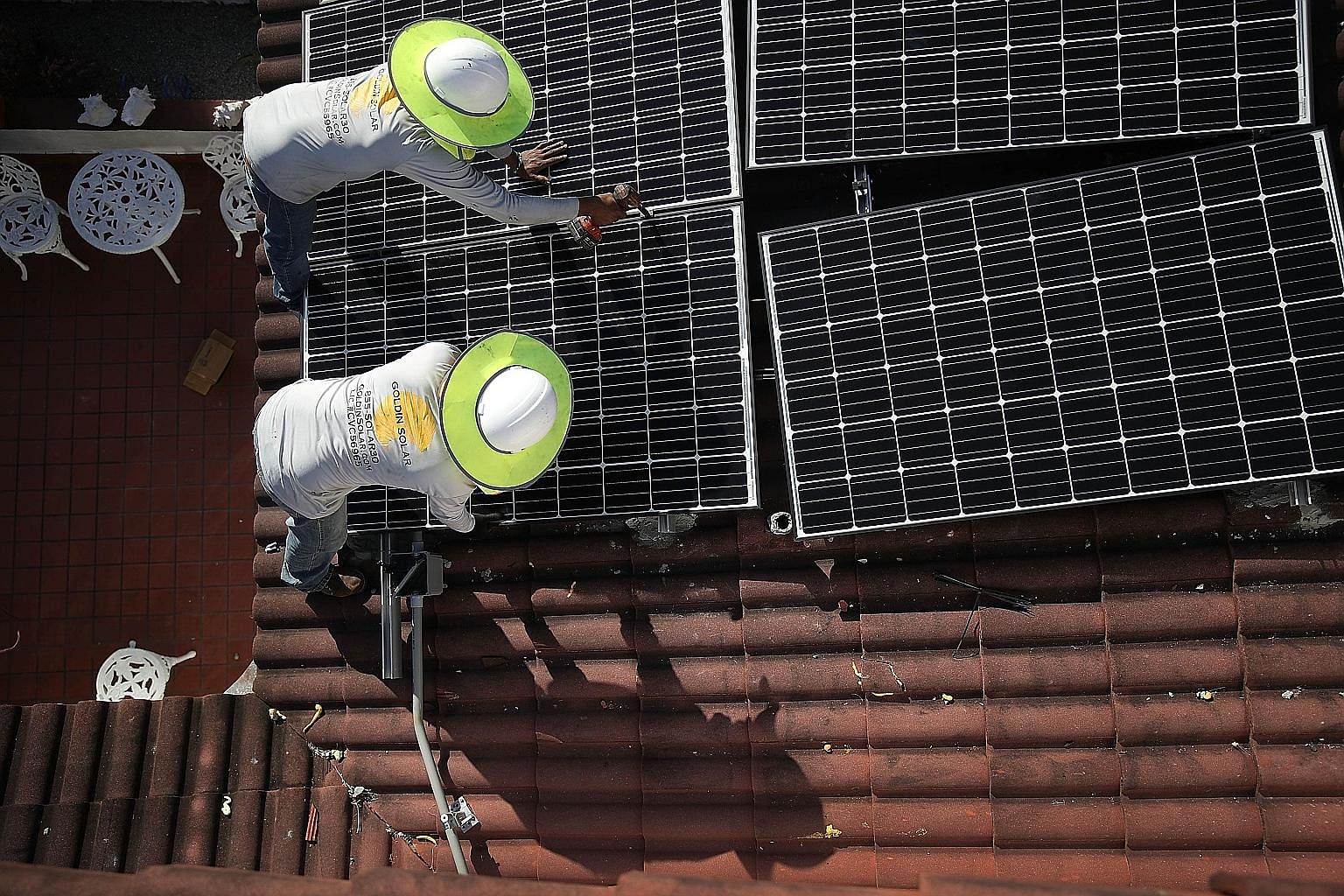If recent confrontations between the United States and China are anything to go by, Hong Kong businesses and observers need to brace themselves for a worsening trade row between the world's two largest economies.
To be clear, the term "trade war", which invokes sharp images of sanctions and battles, is somewhat of a misnomer as the trade war of today is more a tug of war where tit-for-tat measures are imposed in specific areas, such as steel and aluminium, where they hurt.
Many analysts have dismissed the possibility of the US seeking an all-out trade fight with China, given the high stakes involved, including China's record high trade surplus of US$275.81 billion (S$361 billion) with the US last year.
Many among them also point to the fact that the US is still a bigger importer than China and that the two are now about equivalent as exporters.
Advocates of free trade often forget that fair trade is important too, and this will go some way in explaining the raised eyebrows when the US imposed punitive tariffs on countries it deems have been unfair.
It is important to be mindful that the tug of war has been a feature of US trade policy and, in this aspect, the Trump administration is no different from its predecessors that have, from time to time, also wielded the stick.

If the recent series of trade actions against China, including steep import tariffs on solar products and washing machines, is any indication, the pursuit of fair trade is a priority for US President Donald Trump, so businesses should expect more of such measures in the coming months.
In any trade struggle, the country that has a trade surplus is typically more vulnerable since it relies on its trading partners for the surplus.
The question now is how far Mr Trump will go in his protectionist stance and whether China, keenly aware that its economy relies significantly on the US, will retaliate in similar fashion.
China has sounded warning shots but firm retaliatory actions are nowhere to be seen, perhaps a sign that it is assessing the situation before reacting.
Whatever the case, it's not like China has no ammunition of its own. It can always reduce purchases of US products such as Boeing aircraft or Apple products, in addition to tax or antitrust probes into American companies with large Chinese operations.
US firms eager to venture into China's rapidly growing services, retail, Internet or financial industries may also find it harder to do so.
In the light of this, Hong Kong businesses need to prepare themselves for the risks of inevitable rising trade frictions between China and the US, particularly as they are the city's top two trading partners.
And while trade may be under the spotlight, other sectors in Hong Kong, including finance, tourism and property, are just as susceptible due to the city's greater reliance on China.
Chinese corporates have been tapping Hong Kong as a funding pool. The city's tourism sector has been largely propped up by the Chinese, which in turn spills over into the retail sector, not to mention the city's housing market.
While the hope is that the ongoing trade row eases so that Hong Kong avoids being a casualty, it may now be a good time for Hong Kong businesses, fund managers and investors to re-evaluate their risk portfolios and exposures.

